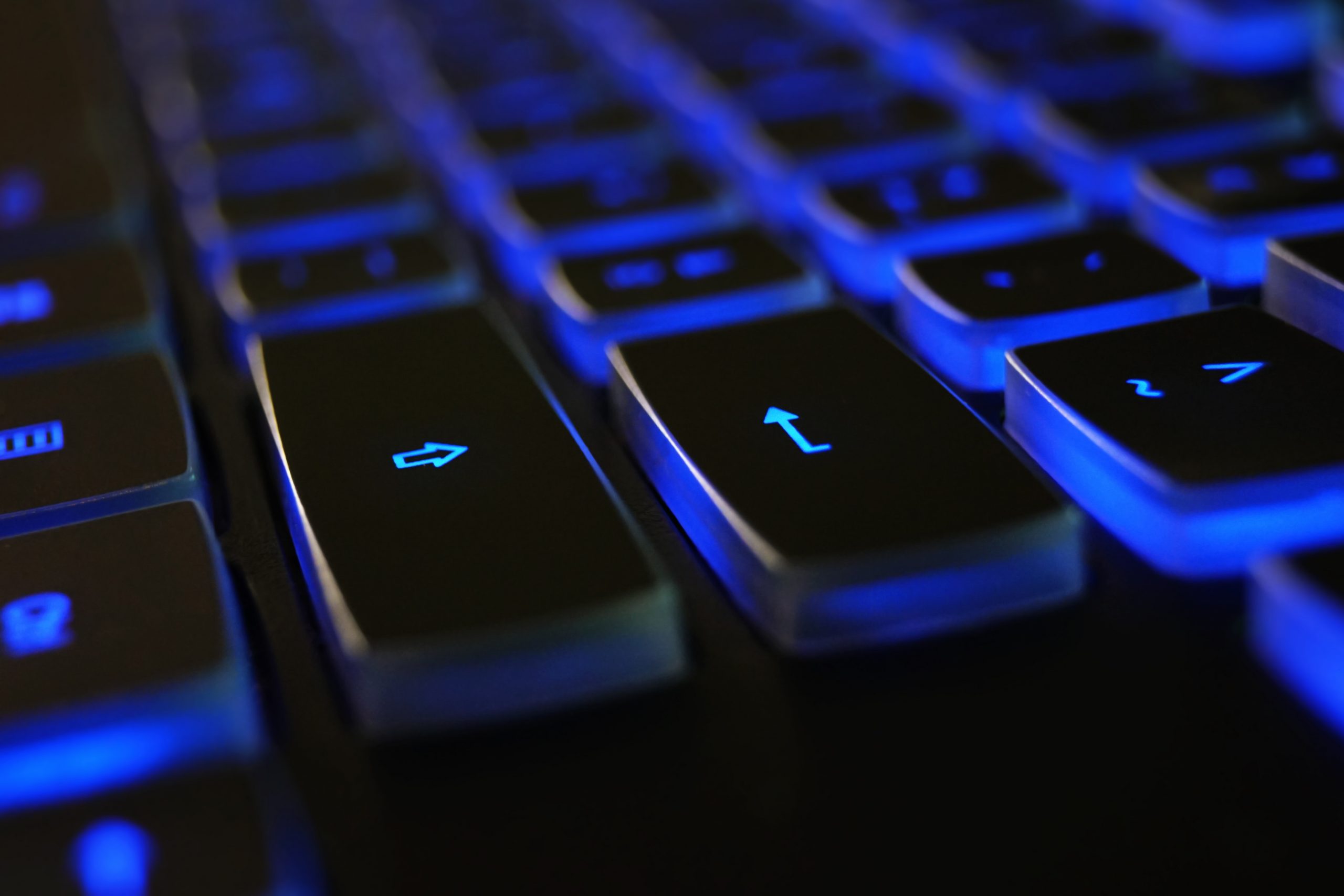Artificial intelligence has a huge influence on the lives of human beings and our coming future. It has been the primary technology behind emerging technologies such as big data, robotics, and IoT, and many more. Experts suggest that AI will continue to be a technological innovator in the foreseeable future. In this blog, we discuss the power of AI and how it can change the future.
There are countless AI innovators in a field that is hotter than ever and only getting hotter. Here’s an indication: AI-related patents accounted for 1,600 (or nearly 18 percent) of the 9,100 patents issued to IBM inventors in 2018.
WILL ARTIFICIAL INTELLIGENCE TAKE OVER THE WORLD?
AI is expected to have a long-term impact on almost every industry imaginable. Artificial intelligence is already present in our smart devices, cars, healthcare systems, and favourite apps, and its influence will continue to permeate deeper into many other industries in the foreseeable future.
But more than several decades of hype and intermittent dormancy around AI have passed. And scientists call today’s age evolutionary “knowledge engineering,” as it has progressed to model- and algorithm-based machine learning. AI is increasingly focused on perception, reasoning, and generalization, AI has reclaimed center stage as never before. And it has no intention of relinquishing the spotlight anytime soon.
IMPORTANCE OF ARTIFICIAL INTELLIGENCE?
Artificial intelligence is absolutely critical to our future as it lays the foundation for growth and development in the technological sphere. AI enables computers to harness and process massive amounts of data. AI can use its intelligence to make optimal decisions and discoveries in the blink of an eye. Today, AI is the basis of all kinds of breakthroughs, be it in the research for Cancer or revolutionary methods to curb climate change.
THE FUTURE IS HERE – AI’S IMPACT CAN BE FOUND EVERYWHERE
There is almost no major industry that modern AI hasn’t already affected. More specifically, “narrow AI,” which performs objective functions using data-trained models and frequently falls into the categories of deep learning or machine learning. This has been especially true in recent years, as data collection and analysis have increased significantly as a result of robust IoT connectivity, the proliferation of connected devices, and ever-faster computer processing.
Some industries have recently started to apply AI, while others have been seasoned players. Overall, businesses and industries have a long way to go in terms of applying AI and benefitting from it. In both cases, undoubtedly, the power and influence of artificially intelligent technologies can not be ignored.
Transportation: Although it may take a decade or more to perfect, self-driving cars will one day transport us from place to place.
Healthcare: It is no surprise that with the help of AI diseases can be more quickly diagnosed and drug discovery is speeding up and streamlined. Virtual nursing assistants monitor patients, and big data analysis helps to create a more personalized patient experience in the comparatively AI-nascent field of healthcare.
Manufacturing: Robots powered by AI collaborate with humans to carry out various tasks. For instance, tasks like predictive analysis, data analysis, assembling and stacking, and sensors keep equipment running smoothly.
Journalism: is also utilizing AI and will continue to benefit from it. Bloomberg employs Cyborg technology to assist in quickly making sense of complex financial reports. The Associated Press uses Automated Insights’ natural language capabilities to produce 3,700 earnings reports stories per year, nearly four times more than in the past.
Customer Service: Last but not least, Google is developing an AI assistant that can make human-like phone calls to make appointments at, say, your local hair salon. The system comprehends context and nuance in addition to words.
Education: AI is being used to digitize textbooks, early-stage virtual tutors assist human instructors, and facial analysis gauges students’ emotions to help determine who is struggling or bored and better tailor the experience to their individual needs.

Leave a Reply